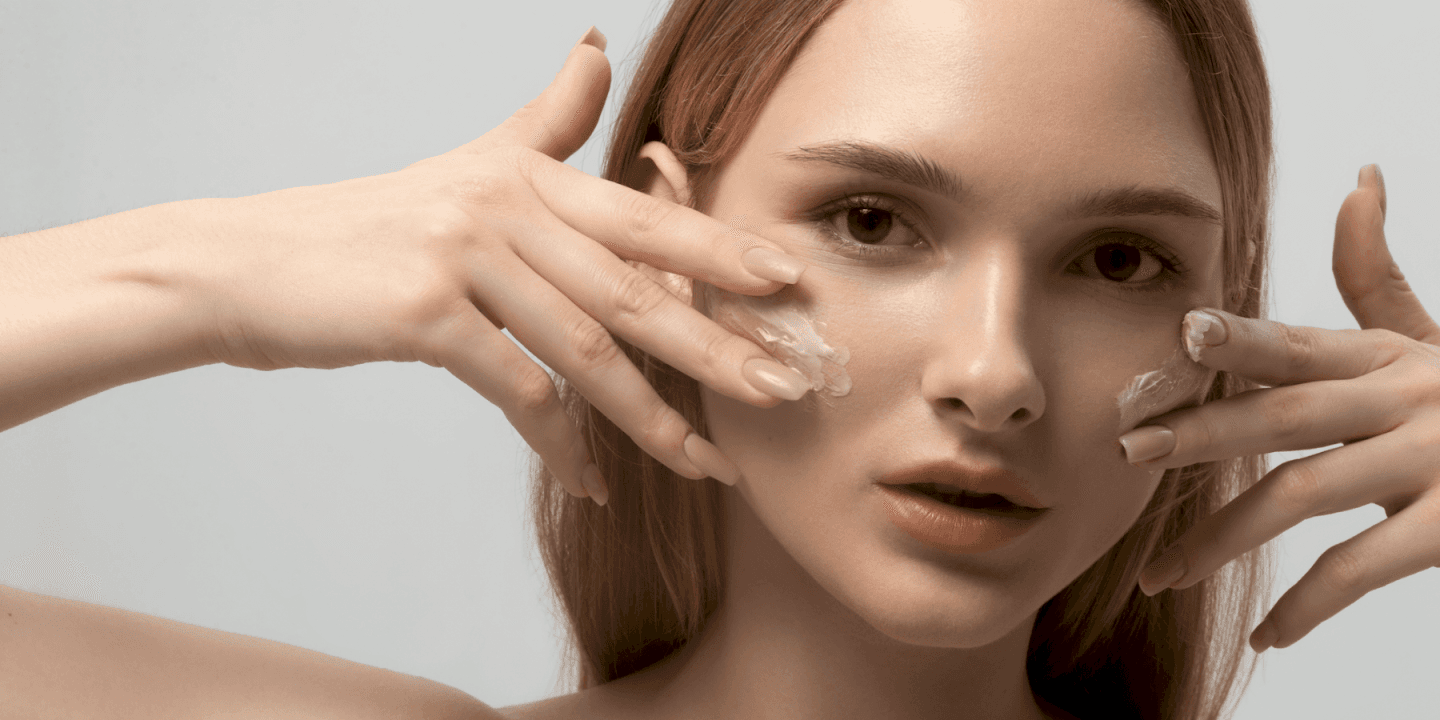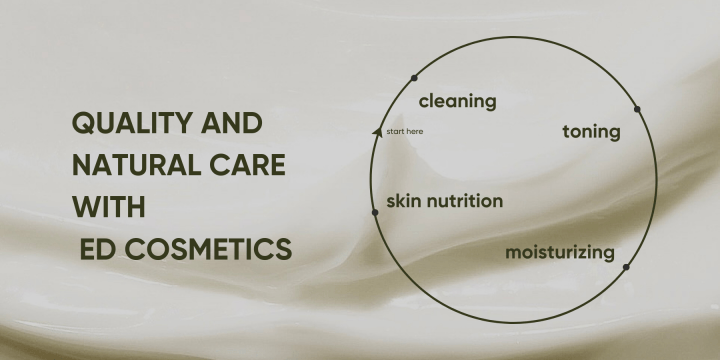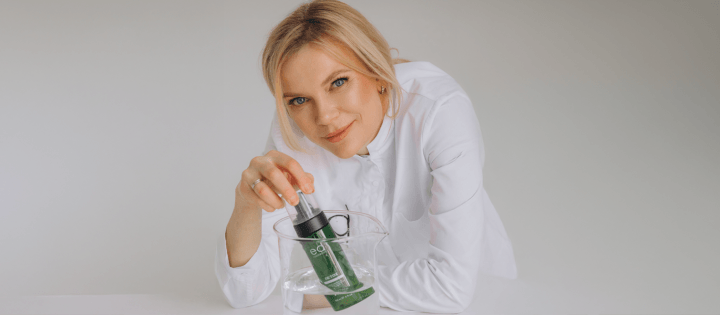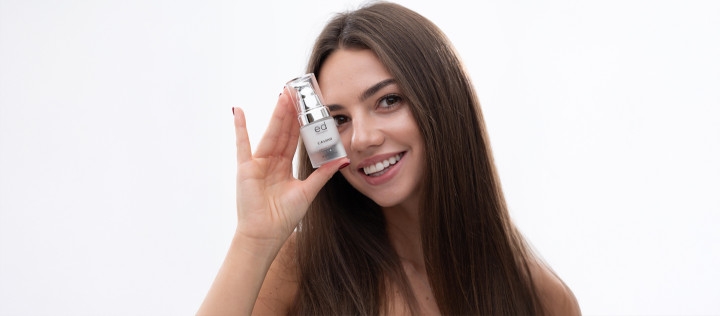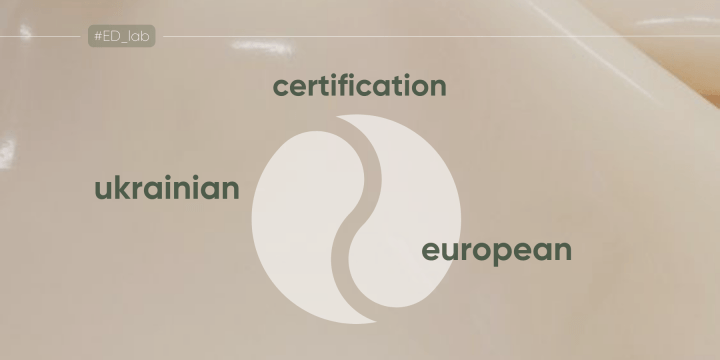WHY COSMETICS THAT IS NOT TESTED ON ANIMALS?
Cruelty-free and ethics as a philosophy
Using cosmetics that is tested on animals is a matter of ethics and the choice of each of us. However, if you're looking to find care products that don't use animal testing, we have good news. There are many cruelty-free brands that work according to the principles of ethical cosmetics and a conscious attitude to the planet.
Are organic and vegan cosmetics the same thing?
It is a common misconception that organic cosmetics are the same as vegan cosmetics.
These types of cosmetics should be distinguished:
• organic products are tested on animals;
• vegan care products are not only not tested on animals, but also do not contain ingredients of animal origin.
Therefore, if you are convinced that you do not use products of animal origin, vegan cosmetics are your ideal choice.
At the same time, ethical cosmetics, although nominally cruelty-free, may contain some ingredients of animal origin, for example: snail mucin, royal jelly, chitin, silk proteins, snake venom, keratin, and others. However, obtaining these components is safe for the life of animals, does not harm them and is only the products of their vital activities.
How to find out that cosmetics are not tested on animals? Study the packaging. The white rabbit icon means that the manufacturer of the beauty product is on the "white" list of animal rights organizations.
Test or not to test?
It is better to make cosmetics that is not tested on animals. However, not everyone agrees with this. There are many countries that will allow the manufacturer to enter the market only if the means are tested on our smaller brothers.
For example, in China, legislation requires testing of all pharmaceutical and cosmetic products. But since 2013, not only testing on animals, but also the import of such products into the territory of the EU has been prohibited. Because of this restriction, many brands have come up with a trick - they send cruelty-free products to the EU, and cosmetics tested on animals to other countries. Therefore, pay attention to this, because if you bought a vegan cream in Italy, it is not a fact that the same cream purchased in Ukraine will be cruelty-free.
Alternative methods of testing cosmetics
The indicator In vitro means that cosmetics has been tested on artificially grown cells.
In vivo tests on volunteers are one of the most humane. They make it possible to directly check the reaction of people to cosmetic products. Volunteers quite often enter into an agreement to carry out the relevant tests.
Test on artificially grown skin. To carry out such an alternative test, a puncture of the skin is taken from a healthy person who has given consent. Then the product is tested on the grown epithelial cells of the tissue. This is how they test the reaction of all skin types to beauty products.
Therefore, technologies do not stand still, and it is not necessary to use animals for testing cosmetics. A complete list of brands that do not test their products on animals can be found on the PETA website.
If you want to see whether a cosmetic brand is cruelty-free, follow the database of Cruelty Free Kitty or Ethical Elephant, which each year make "white" lists of beauty brands. Therefore, check the manufacturers in all sources if you want to use only ethical cosmetics.
Why are we cruelty-free?
The ED Cosmetics team has chosen the path of using only ethical materials, adhering to the ideology of humane treatment of animals and the principles of sustainable development. We have decided from the very beginning that our products will never be tested on animals, and we will continue to do so.
We are committed to reducing our carbon footprint and actively seek out sustainable ingredients and recyclable packaging.



